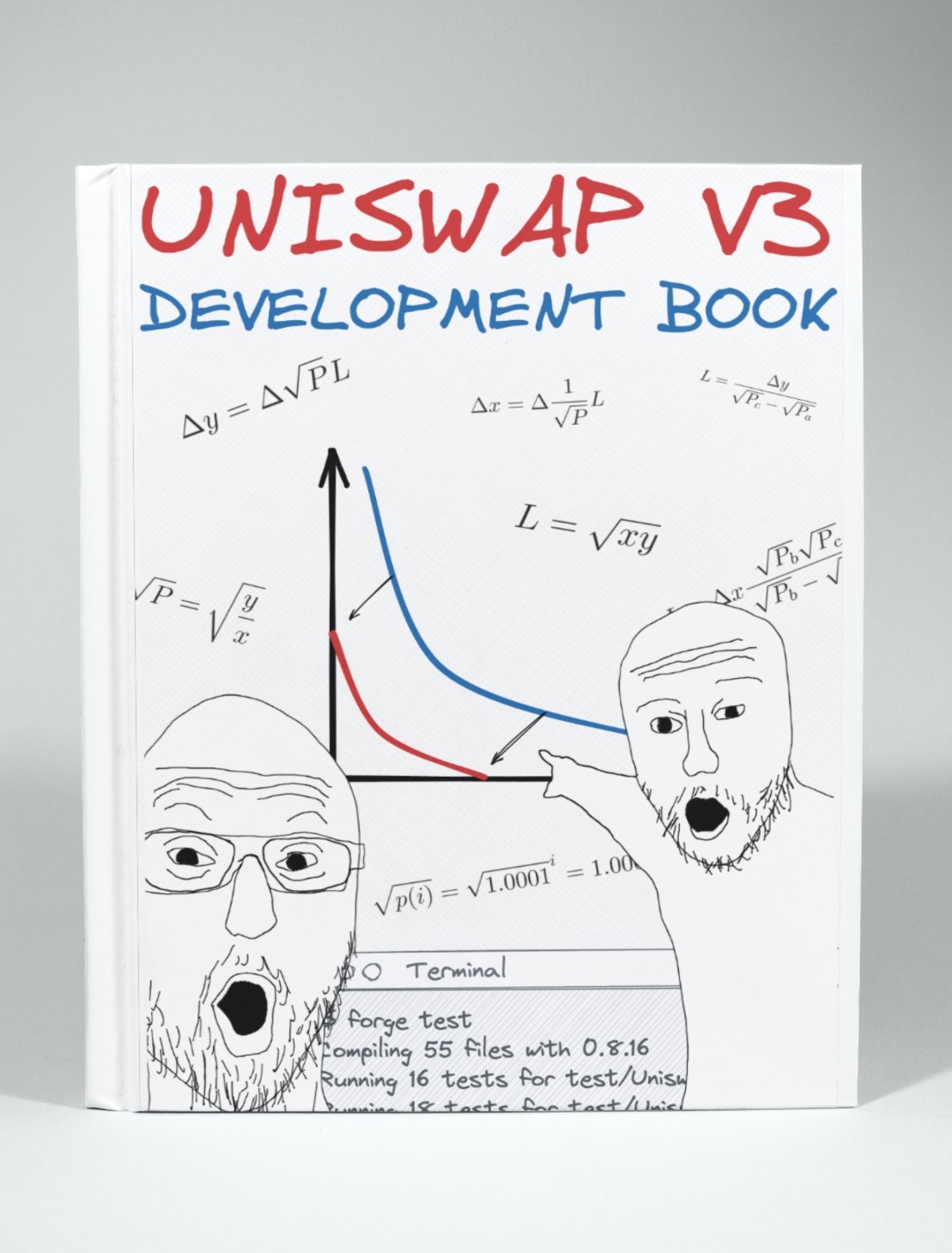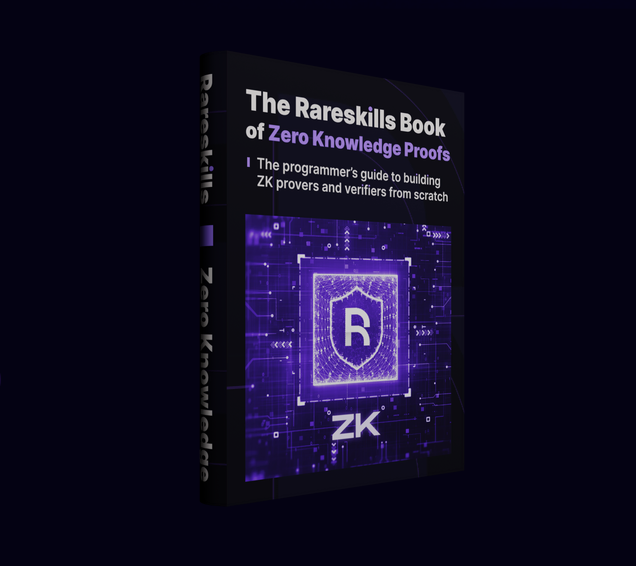Block: 94
Timestamp: 12:42:49

AuditProfile
Security blog
Watch out for copy-paste code
Sometimes developers copy and paste parts of code to reduce development time and speed up the process. Such actions can cause you serious problems in the future if your code is not reviewed by professionals. Take a look at the next snippet:
function decodeWellData(bytes memory data) public view virtual returns (uint256[] memory decimals) {
(uint256 decimal0, uint256 decimal1) = abi.decode(data, (uint256, uint256));
// if well data returns 0, assume 18 decimals.
if (decimal0 == 0) {
decimal0 = 18;
}
if (decimal0 == 0) { //@audit
decimal1 = 18;
}
if (decimal0 > 18 || decimal1 > 18) revert InvalidTokenDecimals();
decimals = new uint256[](2);
decimals[0] = decimal0;
decimals[1] = decimal1;
}In the decodeWellData function, we can see that if the well data returns 0, a returned decimal of 18 is assumed as standard for the token. And as such, each decimals are scaled to that level. However, as can be seen from the @audit tag, to set a value “18” decimal1, the function incorrectly checks if decimal0 is 0, rather than checking if decimal1 is 0.
This means that regardless of the value returned for decimal1 from the decoding, it’s replaced with 18, even if token1 is a token with 6 decimals, or less than 18. As a result, the reserves will be potentially scaled with a decimal different from actual. Also, when decimal1 is 0, rather than scaling to a value of 18, it ignores this value and attempts to work with a value of 0 instead. As the function is used extensively, in the codebase, this can lead to serious price miscalculations.
Always revew you code and read bug reports:
Link: https://code4rena.com/reports/2024-07-basin#h-02-incorrectly-assigned-decimal1-parameter-upon-decoding#decimals
#calculations
#math
Study for free

Cyfrin Updraft
Completely free courses

RareSkills Tutorials
Learn more about the blockchain world

Smart Contract Programmer
Free education videos
Awesome Books

Uniswap V2 Book
by RareSkills

Uniswap V3 Book
by Jeiwan

Compound Book
by RareSkills

ZK Book
by RareSkills

Ethereum Book
by Andreas M. Antonopoulos, Gavin Wood

Beigepaper
by Micah Dameron
Useful tools

EVM diff
Compare execution layer differences between chains

EVM storage
Dive deep into the storage of any contract

